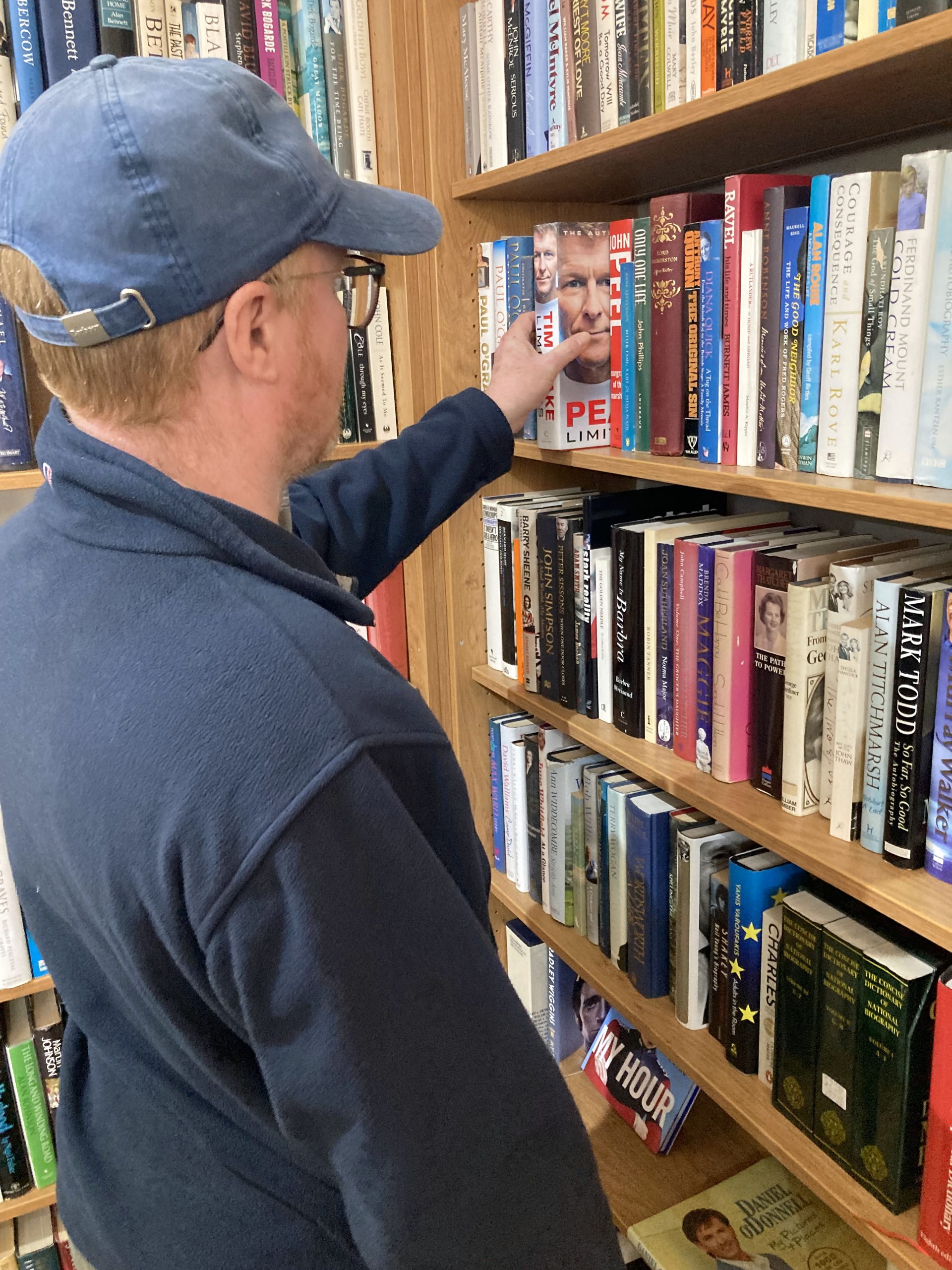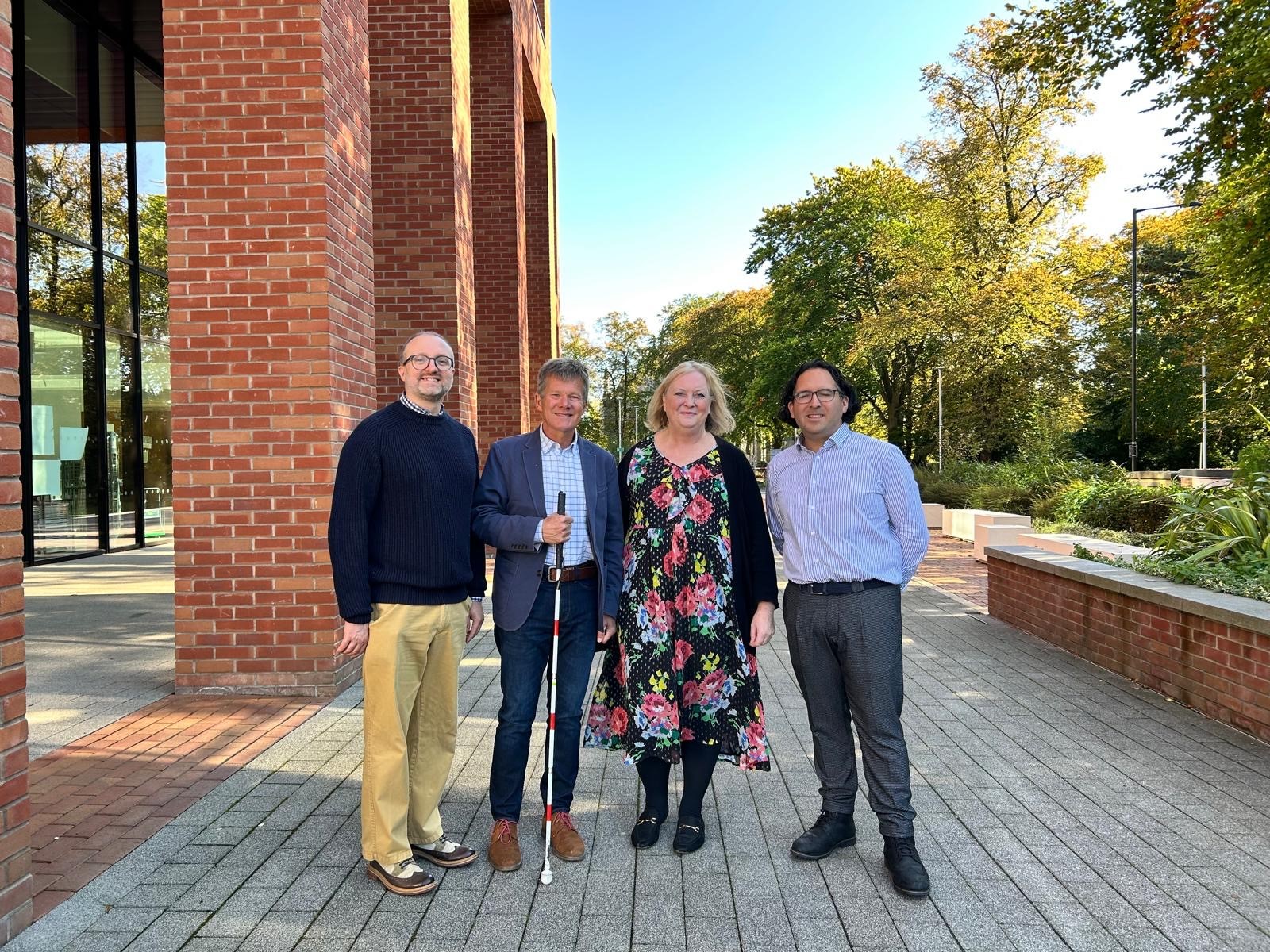For years, Deafblind UK and other charities have campaigned for the rights of people with dual sensory loss. This has now been acknowledged in specific legislation (The Care Act 2014) but do enough people know about this?
We wanted to discover whether people with sight and hearing loss know that they are entitled to a specialist deafblind assessment and potentially further support. So, in conjunction with students from the University of Cambridge, we spoke to deafblind people across Cambridgeshire to find out.
Worryingly only 15% of respondents had heard of the Care Act and just over half of these could tell us anything about their rights. Some knew that they had the right to an assessment, that their assessor should be trained in deafblindness and that an assessment should address the need for one-to-one human contact.
Whilst these responses are correct, it is disappointing that so few people know about their entitlements and that so many more people could be benefitting from further support.
Your rights
If sight and hearing loss affects your mobility, communication and access to information, you are entitled to:
- A deafblind assessment to determine whether you have eligible needs for care and support.
Your local authority must:
- Recognise that you may not necessarily be able to benefit from mainstream services or those services aimed primarily at blind people or deaf people who are able to rely on their other senses;
- Ensure that deafblind people are able to access specifically-trained one-to-one support workers if they are assessed as requiring one;
- Provide information about services in ways which are accessible to deafblind people;
We would like to thank students from Cambridge Hub’s Social Innovation Programme (SIP) for working with us to conduct this research. SIP is an initiative for university students to address challenges in their local area through research, ideas generation and project development. For more information visit www.cambridgehub.org.




